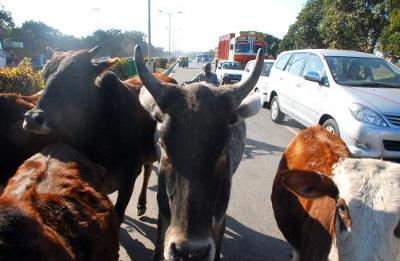Bengaluru, May 27: Amid uncertainty caused by the Covid-19 pandemic, which has disrupted school education in Karnataka, the state government is seeking the help of the Union Ministry of Information and Broadcasting to televise classes, a state minister said on Tuesday.
"We request you to provide minimum three channels on the Doordarshan network exclusively for the Department of Public Instruction, Government of Karnataka," Primary and Secondary Education Minister Suresh Kumar said in a letter to Union I&B Minister Prakash Javadekar.
Suggesting co-branding the channels under DD and the state education department, he asked for the channels to be mandatorily transmitted by the cable and DTH operators under the Cable Act.
The state education department has already discussed with Prasar Bharti officials, who, according Kumar, have assured 3+3 hours of timeslots on the education channel Chandana on cost basis.
"We have also made all the necessary arrangements for content creation by the teachers," he said.
Meanwhile, the minister has revealed that television is the best medium for the students as a home learning mode in these challenging times.
"The department of public instruction reviewed various technological options and considered TV as one of the best means for home learning," Kumar said.
In a survey conducted by the education department, it was found out that 95 per cent households had television sets.
Kumar said the state operates government schools in nine languages, including Kannada, English and Urdu.
"To cater to all the students, and considering a long-term strategy to run schools by maintaining social distancing, we are in immediate need of minimum three exclusive channels to teach through TV," he said.
According to Kumar, the Karnataka government is facing hardships to meet the capital expenditure requirements, hence, it is seeking help from the I&B Ministry.
 The arrested have been identified as Umar (63), a resident of Chennarayapatna and Shareef (20) from Bantwal. Police have seized their vehicle along with five cattle.
The arrested have been identified as Umar (63), a resident of Chennarayapatna and Shareef (20) from Bantwal. Police have seized their vehicle along with five cattle.




Comments
first arrest mallya and corrupt politicians.
recently i have seen one video of india bangladesh border illegal transhport, how they inhumanly hang cow and throwing one border to another border, always just learn that every life has a pain, in this life time if u cant save the animals pls dont hurt them.
Stupid people still they do not know RSS cops what they are looking for, If they could have offered a plate of Mutton Biriyani and Rs.100/- for the Police they would have released on the spot.
God job uppinangadi police.
Add new comment